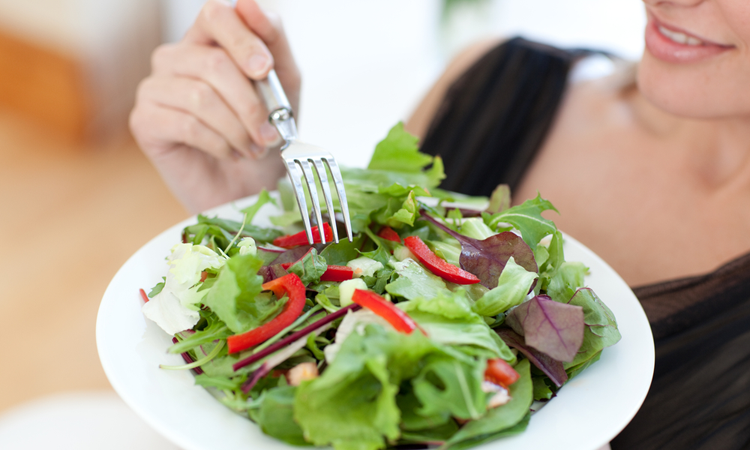
Growing up in a traditional Italian-American household, I enjoyed a multi-course feast every Sunday at dinner. Meals at our house were social gatherings where family, friends, and neighbors sat around the table, eating, talking, and laughing for hours. I had no concept of what it meant to eat “mindfully” and never fully appreciated what food can do, not just for the body, but also for the soul. Besides giving me strength, food nourishes the spirit and has a major impact on the world we live in.
Unfortunately, many of us have an unhealthy relationship with food. We are constantly dieting, counting calories, and worrying about that extra ten pounds. So I was thankful to come across The Freedom Promise (Balboa Press) by Mindy Gorman-Plutzer, and want to share her valuable insights and strategies with you.
Gorman-Plutzer suggests you ask yourself, “Am I someone who eats with pleasure or for pleasure?” Her book will clarify what you are hungry for, and give you the tools you need to let go of disordered eating behaviors. Rather than viewing food as the enemy, you can embrace it and watch as it transforms your life for the better.
This excerpt really resonated for me, and I’m hoping it will give you a new perspective on your eating habits:
When our attention is directed outside of our bodies, we can’t possibly experience the physical sensations connected with food. We can’t sense when we are full, the deliciousness of the food, or even if we don’t like it.
When we question what we are eating, focusing our awareness on the fat and calories we perceive to be in our food, we can’t be mindful of the food or the experience. As when we talk to a friend who isn’t paying attention, we leave the experience feeling incomplete and wanting more.
The cephalic phase digestive response is actually a nutritional requirement. The brain must experience taste, pleasure, aroma, and satisfaction in order to assess and begin our most efficient digestive force. When we eat too fast or neglect to notice our food, the brain interprets this missed experience as hunger. We then reach for more food. The less awareness we bring to the table, the more we will need to eat. When we eat while distracted by outside stimuli, we don’t even taste the food. Our brain screams, “I want more.”
The same phenomenon occurs when we are distracted with thoughts of guilt, shame, and fear over our food choices. Our bodies will not notice the donut, piece of chocolate, or bowl of pasta. What we thought we wanted can’t bring any satisfaction; it’s hard to empower ourselves with choice when we don’t really let ourselves have it in the first place.
One of the most effective strategies for developing a healthy relationship with food through mindfulness is embodiment. Embodiment allows us to inhabit our bodies so we can honor and respect the space where we can feel relaxed and empowered. In this space we experience pleasure. In this space we feel present to the heightened physical sensations of eating without guilt or shame about what we are eating.
Practicing mindfulness and embodiment at the table keeps us from using food to check out. Embodiment reflects the wisdom of our bodies and how aligned we are with them. We can only eat what we want, when we want it when we include our bodies in the conversation. To rely on anything external such as the scale or a distorted image of our selves distracts from mindfulness and embodiment […]
Whatever we weigh, we are entitled to find pleasure and joy in our food, just as we are entitled to find pleasure and joy in all we do. Loving food is to smell it, taste it, and savor it. A love affair with food gives new meaning to eating emotionally. That’s right, you are reading correctly—emotional eating can be wonderful. Eating with emotion as opposed to eating in order to deal with emotion is incredible. When you eat, eat and experience the wonder and complexity of food as you experience freedom.
From the book The Freedom Promise: 7 Steps to Stop Fearing What Food Will Do to You and Start Embracing What It Can Do for You. Copyright © 2014 Mindy Gorman-Plutzer. Reprinted by permission of the author.
When you think in terms of improving your experience with food, it becomes easier to be present and be grateful for the food you eat. To eat mindfully, we need to slow down and pay attention to every bite we put into our bodies. By truly tasting what we’re eating and noticing the subtle flavors and textures, we can began to see food in a healthier way.

Rose Caiola
Inspired. Rewired.
Click here to find out more about Rose’s thoughts on wellbeing and health

